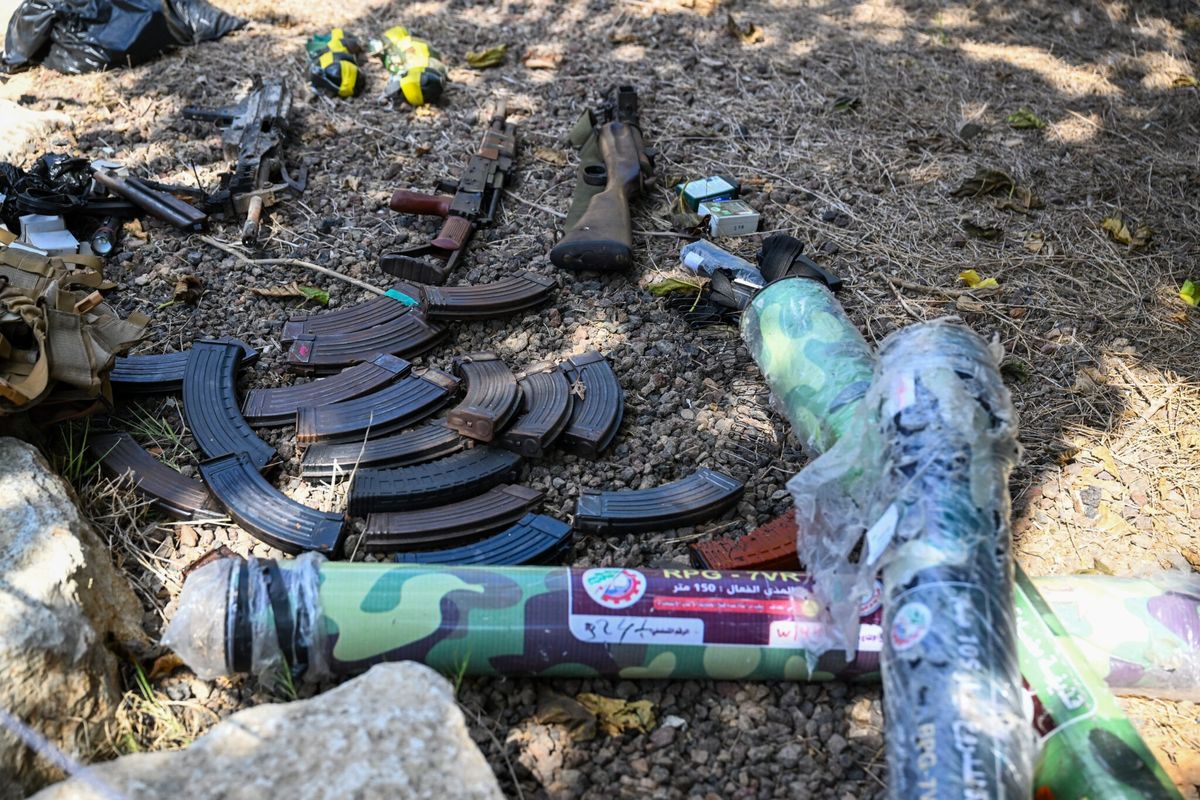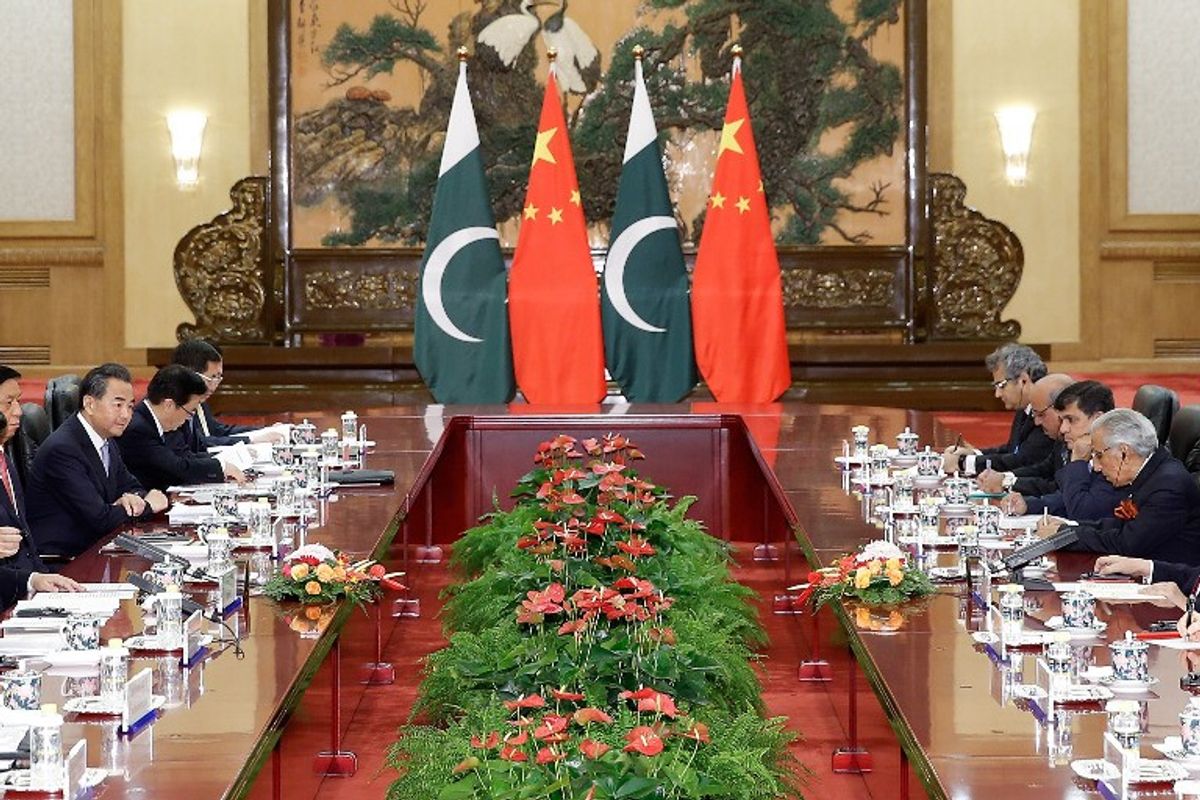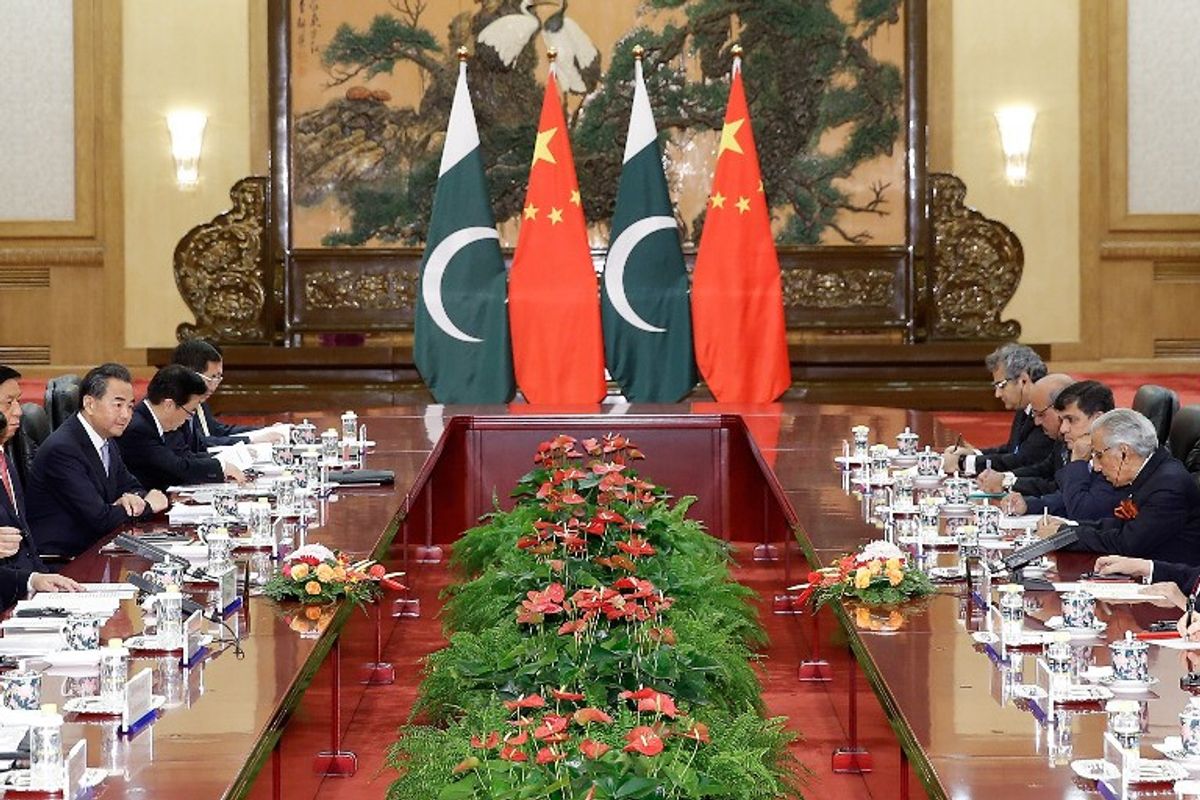November has arrived, and with it, the long-anticipated devaluation of the Egyptian pound. Precipitated by weeks of growing panic in the currency market, the measure was an integral reform needed to secure the disbursal of a 12 billion USD loan from the International Monetary Fund (IMF), finally inked last Friday. The move was inevitable after the Egyptian government backed itself into a corner with ill-conceived and poorly-executed economic development plans and exhausted the generosity of Gulf nations that had pumped tens of billions into the economy over the past years. Yet, the free float of the pound, as well as the slashing of fuel subsidies (another key condition for the IMF loan), will exacerbate the pressure on Egyptians’ livelihoods and pull millions into economic precarity.
Parallel to news about the IMF were calls for protests on November 11, ostensibly organized in response to the floundering economy. While many on the ground in Egypt wrote the protests off, the Egyptian media overplayed the threat, and the security apparatus also seemed to take them seriously, arresting hundreds and securing areas around downtown Cairo. But mass demonstrations across the country failed to materialize.
This call for protest first came on September 21, when the relatively-unknown Yasser al-Omda posted a video message from his home in Turkey, declaring his outrage at the Sisi government and calling on people to take to the streets and overthrow the state. The movement was broadly cast as a Muslim Brotherhood endeavor, and “conspirators” were charged with belonging to the banned group. The Brotherhood supported the calls to protest, though it distanced itself from its genesis.
Whether the Brothers had any role in planning the protests, the danger of association with the state’s declared existential foe carries enough risk to prevent most Egyptians from joining any call that bears the Brotherhood mark. The fatigue of constant protest with no discernable progress makes large planned demonstrations like those of 2011 and 2013 less attractive. Outside of the security apparatus’ increased attention, November 11 passed like nearly any other day in Egypt.
However, the protest call did recognize Egyptians’ palpable frustration at the economic crisis, felt among nearly all segments of society. Goods have disappeared from the shelves, controls were implemented to restrict the use of credit, price inflation is squeezing purchasing power, and airlines have even halted flights. Although securing the IMF loan will facilitate access to dollars, minimize speculation, and settle the currency exchange rate—generally, provide some stability as is its declared objective—the ramifications of the inflationary measures that were required to secure it will remain. While the IMF recommended the government plan to preserve (and even increase) food subsidies, tens of millions of Egyptians will still suffer from higher costs of fuel and goods. Particularly given a history of ineffective messaging around the implementation of its reforms (Central Bank governor Tarek Amer drew intense criticism over his premature signaling of a devaluation in July), Egypt is hardly out of the woods.
November 11 aside, the 1977 bread riots loom large. These uprisings were largely spontaneous and reactive, as the working-class responded to announcements of subsidy and salary cuts at the behest of the IMF and World Bank. The current government has not forgotten this history, and the long delay in floating the pound underscores its apprehension at the social and political implications.
The government’s ability to mitigate the negative effects of currency inflation and price increases will present its biggest test yet. Up to this point, the regime has not faced the same widespread popular protest as its predecessors. But if the jailing of dissidents, constriction of civil society, and rampant instances of torture and police brutality did not bring Egyptians to confront the government, dissatisfaction with economic mismanagement might. A recent poll from the Egyptian Center for Public Opinion Research (Baseera), saw the president’s approval rating slide from 82 percent to 68 percent in only two months.
To this end, the state’s tendency to use coercive force and repression as its primary problem-solving methods will only go so far. Days ago, the government passed its most constrictive civil society law yet. The legislation criminalizes foreign funding, increases the state’s oversight and control, and raises penalties to include insurmountable fines and hefty prison sentences. Already many civil society actors face prosecution, asset freezes, and travel bans. Given the socioeconomic challenges that the government faces, the work of non-governmental organizations to provide services, assess and propose new policy solutions, offer legal mediation, and monitor corruption is essential.
While it might discourage outspoken criticism, a population cannot be beaten or jailed out of hunger and poverty. The regime’s insistence to view any actor as a threat, at a time of crisis when allies are most needed, will have negative reverberations in the months and years to come.












